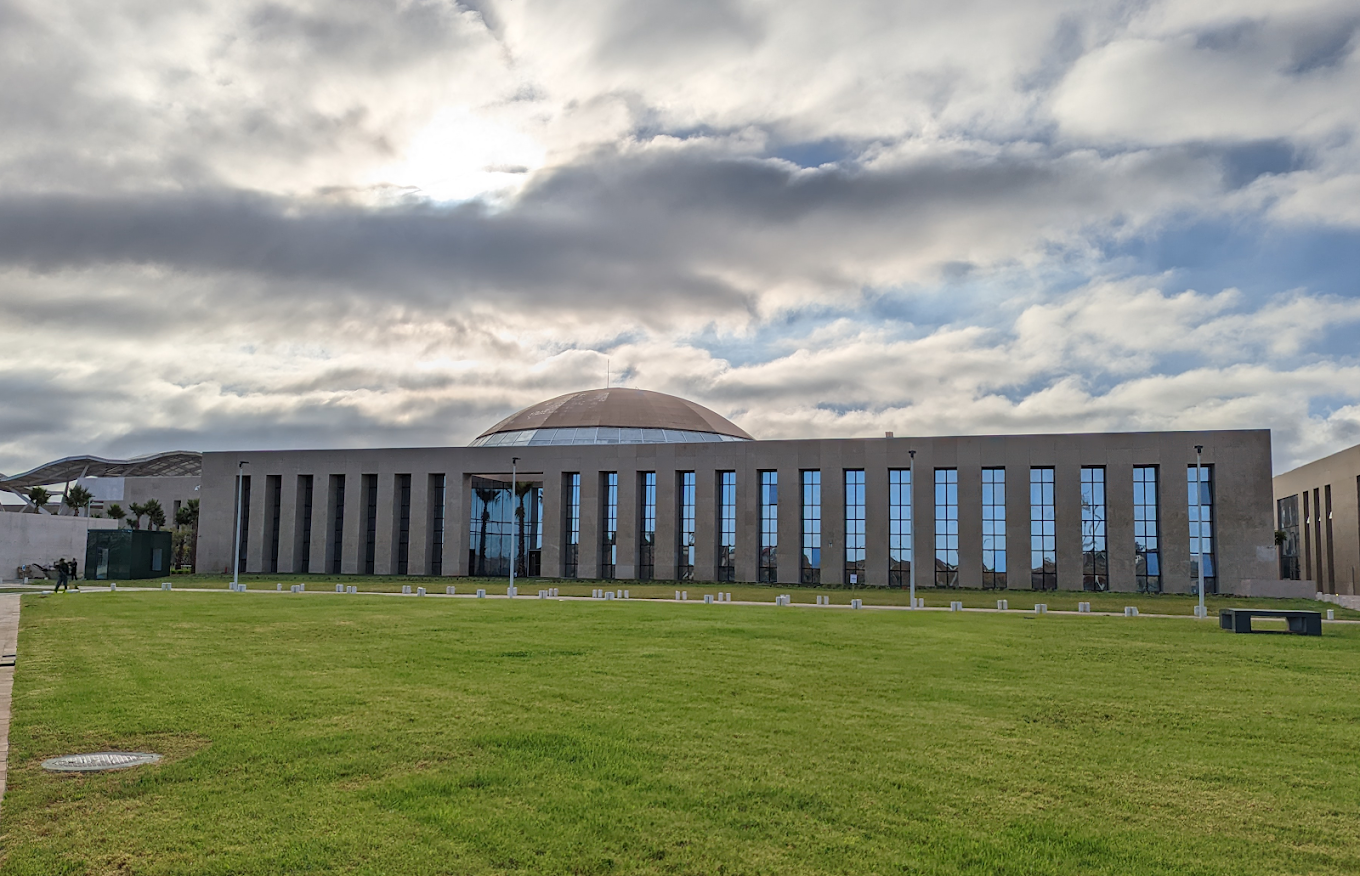As part of our social event, we plan to visit
Ai Movement - International artificial intelligence center of Morocco
We thank Prof. Amal El Fallah Seghrouchni for giving us this opportunity

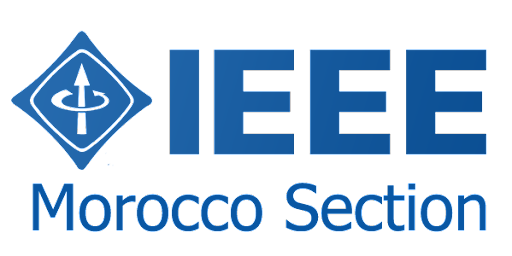
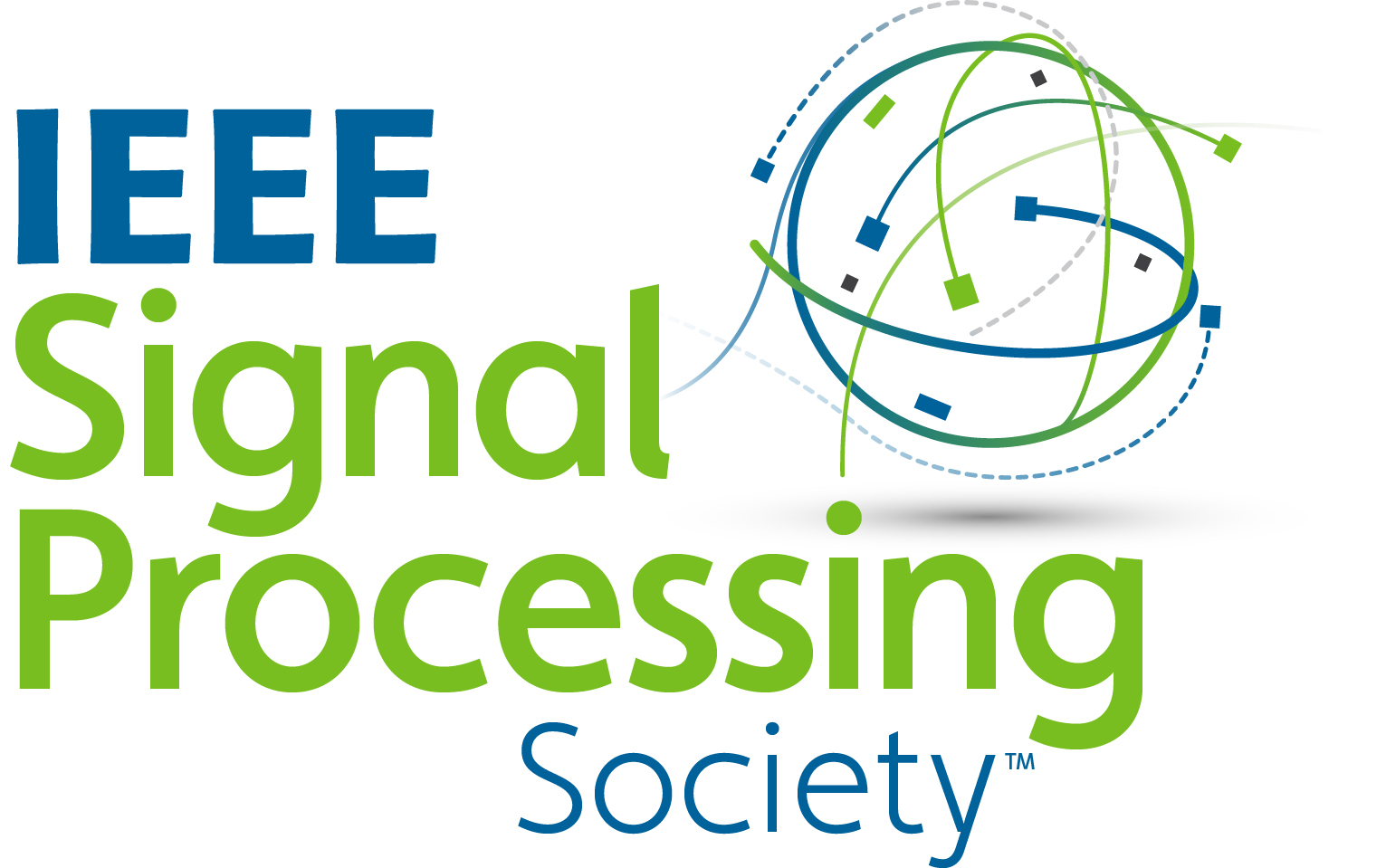

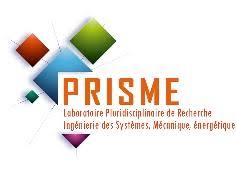
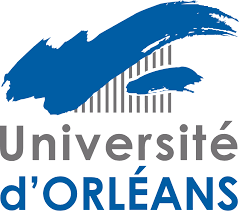
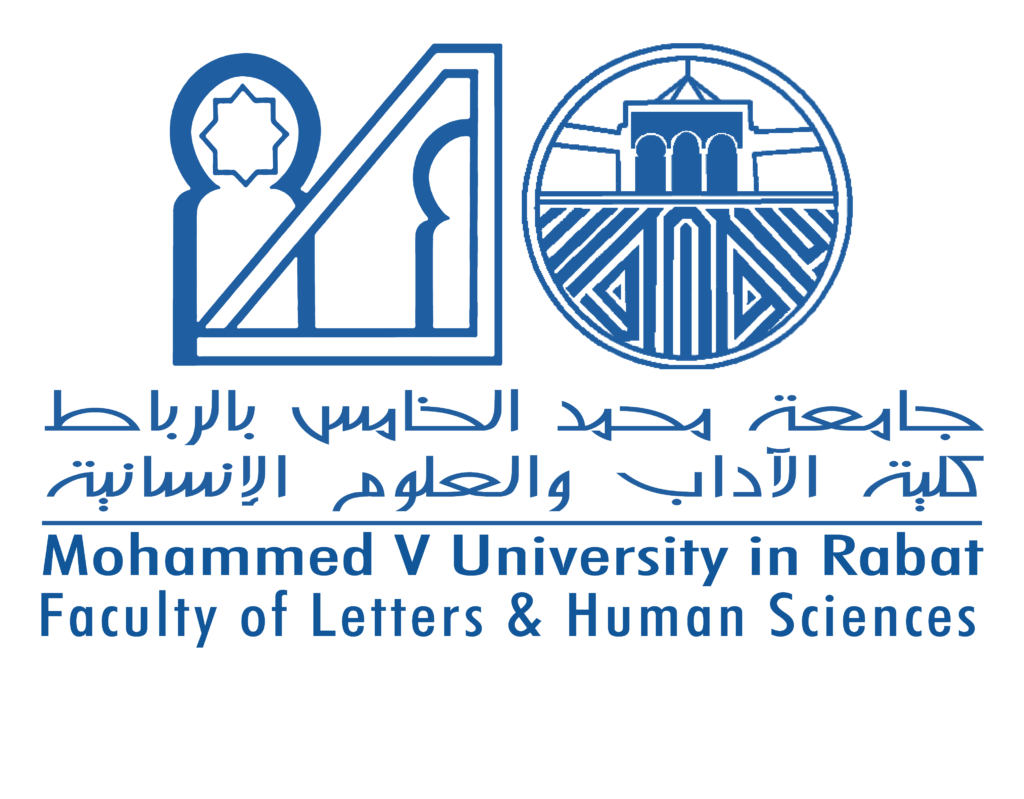
Following are Special Session proposals that have been accepted for IPTA 2024:
- Machine Learning / Deep Learning for Healthcare
- Recent advancements in Multimedia Compression and Perceptual Quality Assessment of Images and Videos
- Objective image performance metrics for security applications
- Machine Learning Meets Complex Networks: From Computer Vision to Social Graphs
- Advancements in Object Detection: Harnessing Non-Conventional Sensors and Sensor Fusion
- Data Processing and Machine Learning in Civil and Environmental Engineering
Machine Learning / Deep Learning for Healthcare
Youssef Mourchid, CESI LINEACT, CESI, Dijon, France, Cette adresse e-mail est protégée contre les robots spammeurs. Vous devez activer le JavaScript pour la visualiser.
Anas Nouri, SETIME Laboratory, Faculty of Science, Ibn Tofail University, Kenitra, Morocco, Cette adresse e-mail est protégée contre les robots spammeurs. Vous devez activer le JavaScript pour la visualiser.
Ayoub Karine, L@bISEN, ISEN Nantes, France, Cette adresse e-mail est protégée contre les robots spammeurs. Vous devez activer le JavaScript pour la visualiser.
The advent of machine learning, and in particular deep learning, after the preeminence of expert systems has revolutionized the healthcare sector. Clinically, from the initial care, through diagnostic assistance and surgery (reducing surgeons' time and effort by 80%), to the payment of fees, machine learning algorithms in the healthcare field are garnering increasing interest ($3 trillion invested in medical startups in the first 6 months of 2022 and nearly $10 trillion in 2021 [Rock Health Investment]) and are revolutionizing it. In research and development, machine learning is becoming essential in many sectors such as drug design and realization, understanding diseases, and particularly the cause of their manifestation, their monitoring, and how prevent them.
The aim of this special issue is to present the forefront of machine learning applications in healthcare. It targets professionals, researchers, and specialists who are actively merging the paths of healthcare with machine and deep learning technology, with a focus on refining algorithms, architectures, and their real-world applications in the health sector.
The topics covered will include, but are not limited to:
- Medical imaging (2D, 3D, MRI, MRA, CTA, DSA, MicroScan, etc.)
- Generalization processing and analysis for multimodal data
- AI-assisted medical diagnosis
- Biomedical data analysis
- Patient action analysis and recognition
- IoT for health
- Human-machine interactions
- AI applications in health and wellness systems
- Personalized treatment predictions
- Ethics and regulations in AI for health
Recent advancements in Multimedia Compression and Perceptual Quality Assessment of Images and Videos
Tushar Shinde, Assistant Professor, Indian Institute of Technology Madras Zanzibar, Tanzania, Cette adresse e-mail est protégée contre les robots spammeurs. Vous devez activer le JavaScript pour la visualiser.
Kumar Rahul, Research Scientist II, Amazon Prime Video, Amazon, Seattle, USA, Cette adresse e-mail est protégée contre les robots spammeurs. Vous devez activer le JavaScript pour la visualiser.
Zaixi Shang Applied Scientist II, Amazon Prime Video, Amazon, Seattle, USA, Cette adresse e-mail est protégée contre les robots spammeurs. Vous devez activer le JavaScript pour la visualiser.
Xiongkuo Min, Associate Professor, Shanghai Jiao Tong University, Shanghai, China, Cette adresse e-mail est protégée contre les robots spammeurs. Vous devez activer le JavaScript pour la visualiser.
Jingwen Zhu, PhD Candidate, Polytech Nantes/Université de Nantes, France Cette adresse e-mail est protégée contre les robots spammeurs. Vous devez activer le JavaScript pour la visualiser.
Patrick Le Callet, Professor, Polytech Nantes/Université de Nantes, France Cette adresse e-mail est protégée contre les robots spammeurs. Vous devez activer le JavaScript pour la visualiser.
The proposed special session aims to explore recent advancements in multimedia compression and perceptual quality assessment of images and videos, spanning a variety of techniques including but not limited to deep learning, machine learning, and traditional computational models. The rapid evolution of image and video processing technologies has led to the emergence of new approaches capable of significantly enhancing compression efficiency while preserving visual quality across a range of content types, including high dynamic range (HDR) and Dolby Vision. The session welcomes studies focusing on super-resolution quality, grain content preservation, and motion preservation quality, and emerging challenges in compression efficiency and perceptual quality assessment. In recent years, deep learning methods have revolutionized multimedia compression efficiency while preserving high perceptual quality. However, deploying state-of-the-art deep learning models on resource-constrained edge devices presents significant challenges. Therefore, effective model compression solutions that excel in accuracy and inference speed are highly sought after. The proposed session aligns perfectly with the goals of IPTA 2024, offering a platform for researchers and experts to exchange insights, present state-of-the-art innovative solutions, and discuss challenges in this rapidly evolving field.
The session welcomes papers covering diverse research topics (including but not limited to):
- Image and video compression
- Multi-modal compression
- Energy-efficient deep learning model compression for resource-constrained devices
- Compression and quality assessment for Generative AI-generated multimedia
- Perceptual quality assessment
- Subjective and objective quality assessment metrics
- Saliency and visual attention in images and videos
- Quality assessment for immersive media (360-degree videos, virtual reality content, point cloud)
- Applications of deep learning-based compression and quality assessment in real-world scenarios
Objective image performance metrics for security applications
Nick Paulter, National Institute of Standards and Technology, Cette adresse e-mail est protégée contre les robots spammeurs. Vous devez activer le JavaScript pour la visualiser.
The ability to objectively assess the quality of images suitable for security purposes has traditionally relied on human-perception-based assessment of image quality. This perception-based approach is slow and requires many (thousands) of observations because of the variability between observers and variability of a given observer with time. This makes the traditional approach costly and time consuming. Different approaches to this image quality assessment in security imaging will be discussed. These are the development of appropriate number and types of test objects to exercise the imaging system appropriately, image analysis tools and, if a human operator is to act on the image shown, mapping between human perceptions of image quality and the objective analysis metrics. The other approach is based on natural scene statistics (NSS), which does not require test objects, but does require mapping between human perception and NSS values. Both objective approaches are amenable to enhancement via machine learning. These objective image-quality assessment tools have been developed for the millimeter-wave, long-wave infrared, visible light, and x-ray parts of the spectrum.
Machine Learning Meets Complex Networks: From Computer Vision to Social Graphs
Dounia LOTFI, Mohammed V University in Rabat, Faculty of Sciences, LRIT, Cette adresse e-mail est protégée contre les robots spammeurs. Vous devez activer le JavaScript pour la visualiser.
Ahmed DRISSI EL MALIANI, Mohammed V University in Rabat,, Faculty of Sciences, LRIT, Cette adresse e-mail est protégée contre les robots spammeurs. Vous devez activer le JavaScript pour la visualiser.
Complex systems are ubiquitous, found in various domains such as the Internet, brain systems, transportation networks, social interactions, and natural images. These systems can be represented as complex networks, where nodes symbolize individuals, agents, or pixels, and links depict the relationships between these entities. In recent years, there has been a surge of interest in machine learning techniques due to their effectiveness in tackling problems inherent to complex systems. Applications such as medical imaging, text recognition, expression recognition, and social network analysis leverage machine learning to handle the vast amounts of real-world data and the intricacies of these systems, enabling predictions and informed decision-making. The special session on Machine Learning in Complex Networks (MLCN) aims to convene researchers to discuss recent advancements and exchange innovative ideas concerning the application of machine learning algorithms and complex networks in various real-life complex systems, spanning from computer vision to social network analysis:
Topics of interest include, but are not limited to:
- Graph neural networks
- Brain and tissue networks
- Image/video processing over graphs
- Spectral graph theory
- Generative adversarial networks
- Point cloud processing
- Networks and epidemiology
- Social networks analysis
- Machine learning for Language processing
- Machine learning for speech enhancement
- Machine learning in biomedical analysis
- Machine learning for image/video analysis
- Instance selection for graph construction
- Graph learning
Advancements in Object Detection: Harnessing Non-Conventional Sensors and Sensor Fusion
Dr. Sarra Bouzayane (Cette adresse e-mail est protégée contre les robots spammeurs. Vous devez activer le JavaScript pour la visualiser.) , Caplogy Company (www.caplogy.com), Vélizy-Villacoublay, France
Dr. Baptiste Magnier (Cette adresse e-mail est protégée contre les robots spammeurs. Vous devez activer le JavaScript pour la visualiser.): Mines-Telecom Institute Alès, Alès, France
Submissions are invited for a special issue focusing on object detection and characterization in imagery captured by non-conventional sensors, with a particular emphasis on the challenges posed by unique sensor characteristics. Topics of interest include object detection, transfer learning techniques, calibration methods, novel algorithms, evaluation methodologies, distance estimation, trajectory estimation and sensor fusion. Non-conventional sensors, including but not limited to:
- Infrared Cameras
- Range-Gated Cameras
- Polarization Cameras
- Event Cameras
- Electric Field Sensors
- Time of Flight (ToF) Cameras
- Fisheye Cameras
- Omnidirectional Cameras.
Data from non-conventional sensors have unique distortions and complexities, requiring innovative approaches for effective object detection and characterization. Recent studies have explored using transfer learning techniques to adapt object detection models for non-conventional sensor imagery. Specifically, models originally tailored for rectilinear images are being scrutinized for their efficacy in handling non-conventional sensor data. This research underscores the imperative for robust models capable of accommodating the distinct characteristics inherent in such imagery.
Ongoing investigations are assessing the performance of traditional object detection models on non-conventional sensor data. Furthermore, sensor fusion is crucial in modern sensing technology for improving accuracy and reliability, particularly in complex environments. These studies also delve into calibration methods aimed at mitigating distortion effects and compare their effectiveness against conventional models. The findings shed light on the constraints of current methodologies and advocate for the development of specialized algorithms tailored explicitly for non-conventional sensor technologies.
Authors are encouraged to submit original research contributing to advancing the field of object detection and characterization in imagery captured by sensor fusion or non-conventional sensors. Topics of interest include but are not limited to:
- Transfer learning techniques for adapting models to sensor-specific distortions
- Calibration methods to mitigate distortion effects and enhance model performance
- Novel algorithms designed specifically for non-conventional sensor imagery
- Evaluation methodologies for assessing model performance in challenging sensor environments
- Distance estimation of objects
- Trajectory estimation
Data Processing and Machine Learning in Civil and Environmental Engineering
Amir-Ali FEIZ, University of Evry ParisSaclay, LMEE, France. Cette adresse e-mail est protégée contre les robots spammeurs. Vous devez activer le JavaScript pour la visualiser.
Khalifa DJEMAL, University of Evry ParisSaclay, IBISC, France. Cette adresse e-mail est protégée contre les robots spammeurs. Vous devez activer le JavaScript pour la visualiser.
Thien-Phu LE, University of Evry ParisSaclay, LMEE, France. Cette adresse e-mail est protégée contre les robots spammeurs. Vous devez activer le JavaScript pour la visualiser.
Rapid advances in Artificial Intelligence (AI), particularly Machine Learning (ML), combined with Big Data, are opening new avenues for design, analysis and planning in civil and environmental engineering. The long-awaited promises of AI are now a reality across many disciplines. Applying AI methods, combined with physical knowledge, can improve structural analysis and provide better short-term day-to-day forecasting for risk management and high-impact events. With expanded storage capacity and new forms of data processing, Big Data and Machine Learning analytics are paving the way for more confident and reliable information for decision-making and impact research in civil and environmental engineering.
This special session aims to provide the most recent developments in theses fields using Big Data and Machine Learning algorithms. The topics of this special session include (but are not limited to):
- Detection and tracking of structural defects using image processing and ML
- ML for construction data analysis
- ML for forecasting weather conditions affecting construction projects
- Data assimilation and ML for predictive maintenance of infrastructure
- ML algorithms in material behavior modeling
- ML approaches for structural health monitoring
- ML for seismic vulnerability assessment
- ML and remote sensing for applications in construction monitoring
- Environmental challenges in pollutant control in civil engineering using ML
- Application of Big Data to structural and infrastructure engineering
- Database for ML applications in civil and environment engineering







For the 13th International Conference on Image Processing Tools, Theory and Applications (IPTA) being held in Rabat, Morocco, between October 14 and 17, 2024, we are looking for researchers desiring to organize Special Sessions on critical and emerging topics in image processing. Each Special Session is expected to count between 4 and 8 invited speakers. Presentations will be oral.
In advance of the meeting, invited contributors are required to submit their papers for inclusion in the proceedings (which will undergo normal peer review).
If you are interested, please submit a proposal to
- Lucas Krasula (USA) lkrasula (at) netflix.com
- Lahoucine Ballihi (Morocco) lahoucineinfo (at) yahoo.fr
- Mourad Oussalah (Finland) oussalah (at) oulu.fi
- Aladine Chetouani (France) aladine.chetouani (at) univ-orleans.fr
- Mohamed El Hassouni (Morocco) elhassouni (at) flsh.um5.ac.ma
using the following template:
Special Session Proposals should be submitted as soon as possible, but no later than April, 15th, 2024.
For further information, please contact aladine.chetouani (at) univ-orleansCette adresse e-mail est protégée contre les robots spammeurs. Vous devez activer le JavaScript pour la visualiser.r








